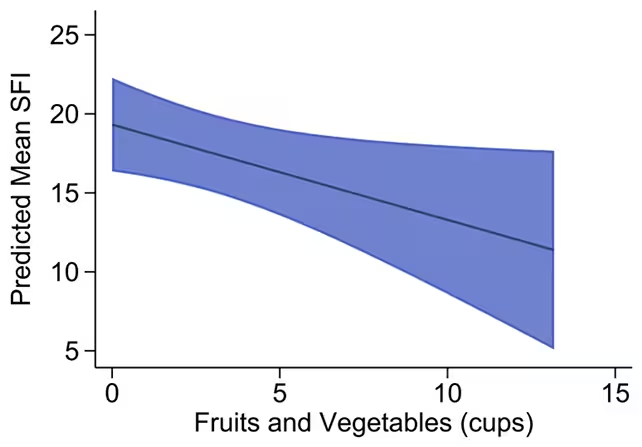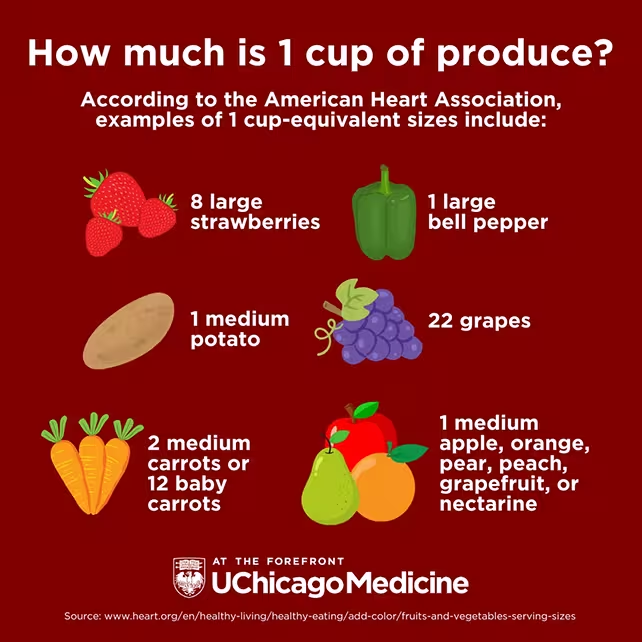4 Minutes
The Vital Link Between Diet and Sleep Quality
Sleep is a cornerstone of human health, influencing everything from mental sharpness to disease resilience. While common strategies for improving sleep quality typically include creating a restful bedroom environment and maintaining regular exercise routines, emerging scientific research now highlights diet—specifically, fruit and vegetable consumption—as a significant factor in achieving better rest.
In a recent study conducted by scientists from the University of Chicago and Columbia University in New York, evidence has surfaced that increasing daily intake of fruits and vegetables could lead to marked improvements in sleep quality, even within a single night. This insight not only offers a natural and accessible approach to sleep health, but also broadens our understanding of how nutrition impacts circadian rhythms and restorative rest.
Examining the Study: Methods and Key Findings
The research team recruited 34 healthy young adults and monitored their eating habits for up to a week. Participants logged their food choices, while sleep patterns were objectively tracked using wearable devices capable of measuring sleep fragmentation—essentially, how many times an individual wakes up or transitions between various sleep phases during the night.
The results were striking: individuals who consumed more fruits and vegetables experienced less interrupted sleep, mirroring benefits noted in those who included healthy carbohydrates—like whole grains—in their diets. According to the researchers, fiber and complex carbohydrates found in plant-based foods may play a pivotal role in promoting deeper, more continuous sleep by regulating blood sugar levels and supporting serotonin production, a hormone essential for sleep regulation.

Quantifying the Sleep Benefit
Through advanced statistical modeling, the team calculated that eating the commonly recommended five cups of fruits and vegetables daily could enhance sleep quality by as much as 16%. To put this into perspective, a single cup corresponds roughly to eight large strawberries, a medium potato, or 22 grapes. Dr. Esra Tasali, a University of Chicago sleep scientist involved in the research, described this impact as "remarkable," emphasizing that such a substantial improvement was detectable within mere hours of dietary change.
Exploring the Broader Health Context
While the study stops short of establishing direct causation—external factors like socioeconomic status might influence both dietary habits and sleep—the findings align strongly with prior research linking balanced, nutrient-rich diets to improved sleep patterns. The data suggest a potential positive feedback loop: better sleep may lead to healthier food choices, while poor rest is known to increase cravings for unhealthy snacks.
This research underscores the importance of a holistic approach to sleep quality, with diet serving as an actionable entry point alongside factors such as body temperature and sleep timing. Nutritionist Marie-Pierre St-Onge of Columbia University highlights the practical aspect: "People are always asking me if there are things they can eat that will help them sleep better. Small changes can impact sleep. That is empowering—better rest is within your control."

Practical Implications and Future Directions
Given the widespread struggle with sleep problems and the growing interest in drug-free interventions, these findings are particularly relevant for public health. Increasing fruit and vegetable intake is a simple, low-cost measure accessible to most people worldwide. As sleep research advances, further studies may clarify specific mechanisms by which certain nutrients influence sleep architecture and identify the most effective dietary patterns for optimal rest.
Moreover, understanding the interplay between nutrition, the circadian clock, and neurochemistry could inform new therapies and recommendations—not just for the general population but for specific groups such as shift workers or individuals dealing with chronic sleep issues.
Conclusion
In summary, enhancing your daily intake of fruits and vegetables could be one of the easiest and most effective ways to improve sleep quality. This approach offers an added benefit of supporting overall health, reinforcing the well-established connection between dietary choices and physiological well-being. As sleep science progresses, embracing whole, plant-rich foods may serve as a vital strategy for achieving better, more restorative rest—putting the power of a good night's sleep within reach for many.
Source: sciencealert



Comments